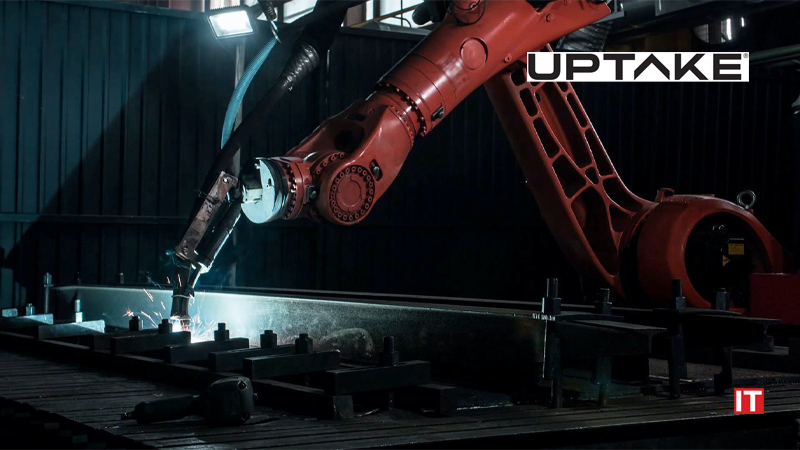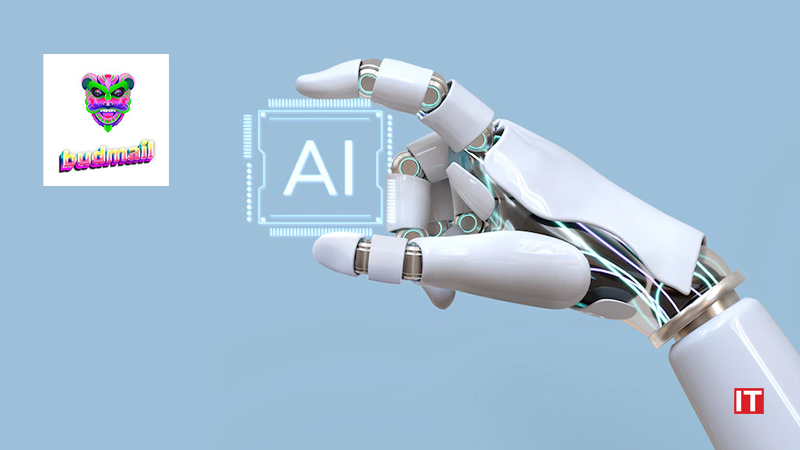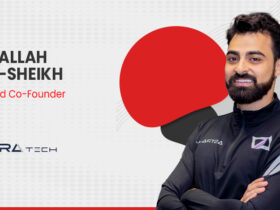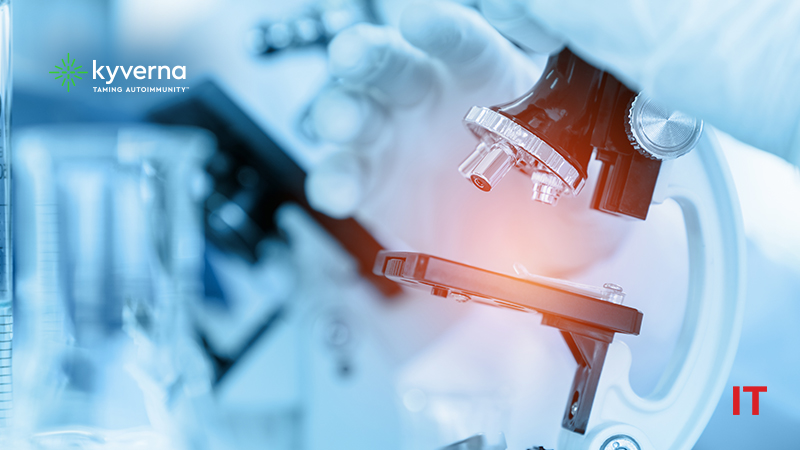Kyverna Therapeutics, Inc. (Kyverna), a patient-centered clinical-stage biopharmaceutical company focused on developing cell therapies for patients suffering from autoimmune diseases, today announced the publication in BioRxiv of a paper describing Kyverna’s proprietary manufacturing process that utilizes less than 300 ml of whole blood from a blood draw instead of apheresis for the collection of T cells from patients undergoing chimeric antigen receptor (CAR) T-cell therapy.
Leukapheresis – a specific type of apheresis – is a conventional starting material for CAR T-cell therapy. The procedure poses challenges due to its length and invasiveness, cost, limited capacity of apheresis beds, and resource constraints at the collection center.
Currently, apheresis requires patients to be connected to a cell separator to collect the T cells by centrifugation and returns the remaining blood components into the body. The procedure must be performed at specialized centers and can last up to 5 hours.
“Ingenui-T represents the culmination of significant development work and our commitment to improve the patient journey and current industry-standard processes for CAR T-cell therapies by easing the burden on patients and improving outcomes,” said Karen Walker, chief technology officer of Kyverna. “We were able to achieve a process minimization without compromising the quality of the operations or the characteristics of the resulting product.”
“By eliminating the need for apheresis, we are demonstrating our focus on improving the patient experience, as well as their caregivers,” said Peter Maag, Ph.D., chief executive officer of Kyverna. “Together with our partners, like ElevateBio, we look forward to continuing to innovate.”
“We congratulate the Kyverna team for continuously transforming and improving the patient experience. ElevateBio is proud to be partnering with Kyverna to drive innovation and bring these potentially life-transformative therapies to the significant number of patients suffering from autoimmune disorders,” said David Hallal, chairman and chief executive officer of ElevateBio.
CAR T-cell therapy involves modifying a patient’s T cells to recognize and remove B cells in the patient’s body. Kyverna’s CD19 CAR T-cell therapy, KYV-101, specifically targets CD19, a protein expressed on the surface of B cells, which is involved in various types of autoimmune diseases. Kyverna plans to continue to explore additional indications for KYV-101 and develop a robust pipeline of promising product candidate immunotherapies aimed at addressing unmet medical needs in autoimmune diseases.
Ingenui-T is a proprietary, next-generation process in preclinical development for manufacturing autologous anti-CD19 CAR T-cell therapy that incorporates the same CAR construct as KYV-101. The Ingenui-T platform utilizes whole blood from a blood draw as the starting material and implements a process minimization for a more effective outcome.
KYV-101 is an autologous, fully human CD19 CAR T-cell product candidate for use in B cell-driven autoimmune diseases. The CAR in KYV-101 was designed by the National Institutes of Health (NIH) to improve tolerability and tested in a 20-patient Phase 1 trial in oncology. Results were published by the NIH in Nature Medicine1.
Kyverna is currently conducting two trials of KYV-101 in patients with lupus nephritis, an autoimmune disease in which more than half of patients do not achieve a complete response to current therapies and are at risk of developing kidney failure. Additional clinical trials of KYV-101 in systemic sclerosis, myasthenia gravis, and multiple sclerosis are in preparation. We believe that the differentiated properties of KYV-101 are critical for the potential success of CAR T cells as autoimmune disease therapies.
SOURCE: PRNewswire
































